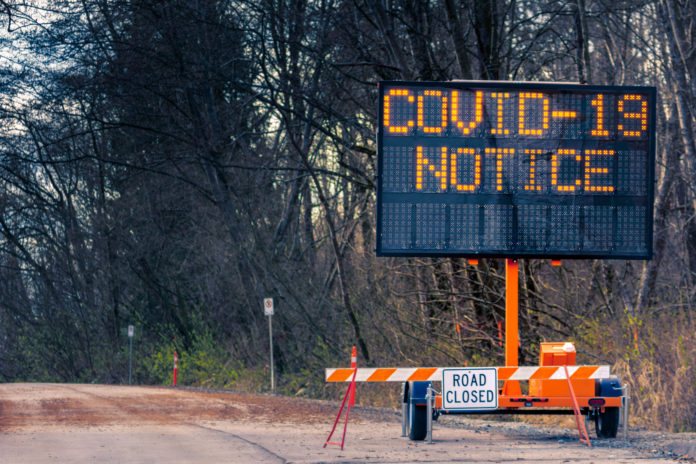
The growth of Canada’s Rural & Northern Immigration Pilot (RNIP) has been hampered by travel restrictions imposed to prevent the spread of COVID-19.
In Sudbury, Northern Ontario, just 39 workers have come in through the program, against an allocation of 150 in 2021. With families, the 39 workers have seen 80 people move to the area.
While officials say employers are interested in filling vacancies through the RNIP, travel restrictions have limited their ability to use the program.
Read More
Rural & Northern Immigration Pilot: Sudbury Recommends 11 Candidates
Initial Success For Rural & Northern Immigration Pilot In Vernon, British Columbia
Early Success in Attracting Immigrants For Canada’s Rural and Northern Immigration Pilot
The RNIP designed to help bring new skilled worker immigrants to smaller communities.
The five-year federal immigration pilot is designed to help smaller communities with aging populations and labour shortages, which struggle to attract and retain new immigrants.
It is a community-driven program that aims to spread out the benefit of immigration.
To be included in the pilot, communities must:
- Have a population of 50,000 or less and be located at least 75km from the core of a Census Metropolitan Area, OR
- Have a population of up to 200,000 people and be considered remote from other larger cities, according to the Statistics Canada Remoteness Index.
Steps to Permanent Residence
- Candidates must check they meet both the federal government eligibility requirements and community-specific requirements (see below).
- Find an eligible job with an employer in one of the participating communities (listed below).
- Candidates with a job offer can submit an application for recommendation to the community.
- Candidates with a community recommendation can apply for permanent residence.
Federal Government Eligibility Requirements
1) Work Experience/International Student Exemption
Candidates must have qualifying work experience or have graduated from a publicly-funded post-secondary institution in the recommending community.
Work Experience
- Candidates must have one year (1,560 hours) of full or part-time work experience in the last three years.
- The work experience does not need to be continuous; it just needs to be accumulated in the last three years.
- The work experience must be in one occupation, but can be with different employers.
- It must include most of the main duties and all of the essential duties listed in the National Occupational Classification (NOC).
- Unpaid and self-employed hours do not count.
International Students
Candidates who are international students are exempt from needing work experience provided they meet the following requirements:
Scenario 1
- They graduated with a credential from a minimum two-year-long post-secondary program in the recommending community.
- They were studying as a full-time student for the full duration of two or more years.
- They received the credential no more than 18 months before the date of application for permanent residence.
- They were in the community for at least 16 of the last 24 months spent studying to get the credential.
Scenario 2
- They graduate with a master’s degree or higher
- They studied as a full-time student for the duration of the degree in the recommending community.
- They received the degree no more than 18 months before the date of application for permanent residence.
- They were in the community for the length of their studies.
2) Language Requirements
Candidates must meet the Canadian Language Benchmarks (CLB) or Niveaux de compétence linguistique canadiens (NCLC) based on the National Occupational Classification of their job.
The minimum language requirements for each NOC category are
- NOC 0 and A: CLB/NCLC 6
- NOC B: CLB/NCLC 5
- NOC C and D: CLB/NCLC 4
3) Educational Requirements
Candidates must have a Canadian high school diploma or an equivalent foreign credential with an accredited educational credential assessment (ECA) report.
4) Settlement Funds
Candidates must prove they have enough money to support themselves and family members while they get settled in their community. This includes family members who may not be coming to Canada.
Candidates already working legally in Canada are exempt from settlement fund requirements.
| Number of family members | Funds you need (in Canadian dollars) |
| 1 | $8,722 |
| 2 | $10,858 |
| 3 | $13,348 |
| 4 | $16,206 |
| 5 | $18,380 |
| 6 | $20,731 |
| 7 or more | $23,080 |
5) Intention to Reside
To participate in the pilot, you must plan to live in the community.

